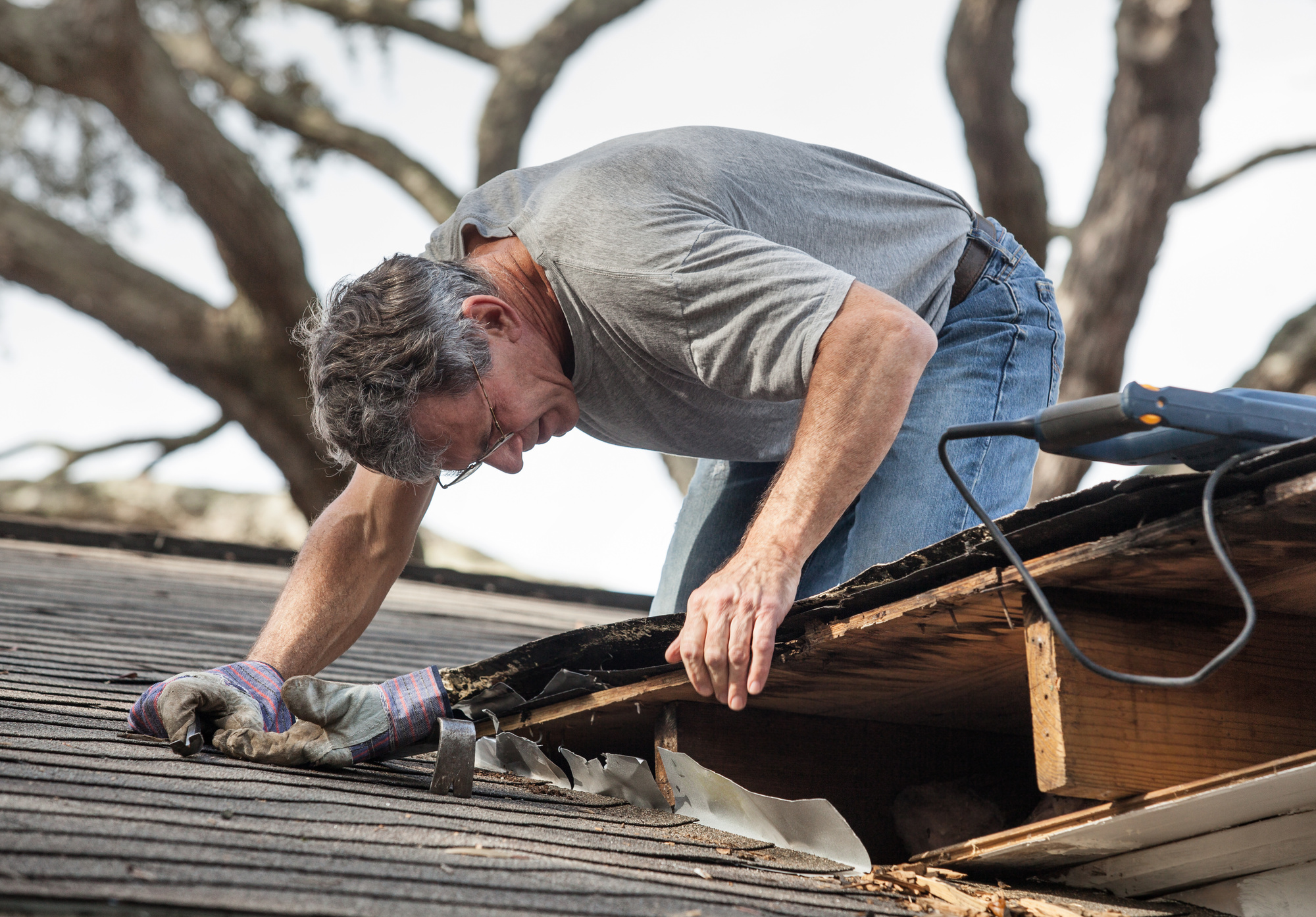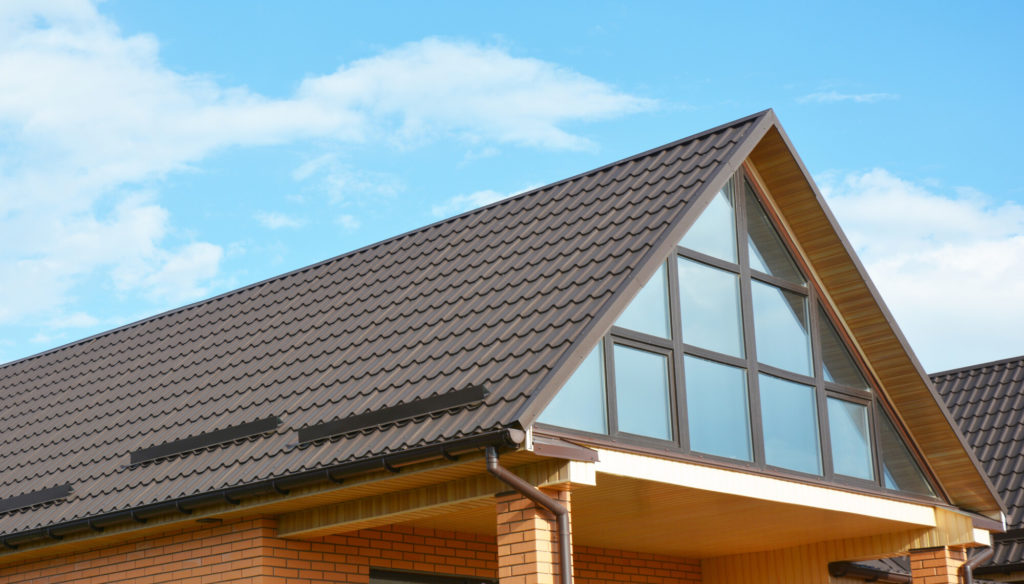
Roof Repair vs. Replacement: How to Decide with Your Roofing Contractor
Your roof is one of the most critical components of your home, providing protection from the elements and contributing to the overall structural integrity of your property. Over time, even the best-maintained roofs can develop issues that require attention. When problems arise, homeowners often face a significant decision: should they repair the existing roof or invest in a full replacement? This comprehensive guide will explore the factors to consider when deciding between roof repair and replacement, and how to make an informed decision with the help of a professional roofing contractor.
Understanding Roof Repair
Roof repair involves fixing specific issues or damage on your existing roof. This can include patching leaks, replacing damaged shingles, fixing flashing, and addressing other localized problems. Roof repair is typically a less expensive and quicker solution compared to a full roof replacement.
Common Roof Repair Issues
- Leaking Roofs: Leaks are one of the most common roofing issues. They can be caused by damaged or missing shingles, cracked flashing, or improper installation.
- Damaged Shingles: Shingles can become cracked, curled, or missing due to weather conditions, aging, or physical damage.
- Flashing Damage: Flashing, the material used to seal joints and prevent water infiltration, can become damaged or corroded over time.
- Ventilation Issues: Poor ventilation can lead to moisture buildup and damage to the roof decking and insulation.
- Sagging Roof: Structural issues or excessive weight on the roof can cause it to sag, indicating a need for immediate repair.

Benefits of Roof Repair
- Cost-Effective: Repairing specific areas of your roof is generally less expensive than a full replacement.
- Quick Solution: Repairs can often be completed quickly, minimizing disruption to your home.
- Extends Roof Lifespan: Timely repairs can extend the lifespan of your roof, delaying the need for a full replacement.
- Targets Specific Issues: Repairs address specific problems, which can be more efficient than replacing the entire roof if the damage is localized.
Understanding Roof Replacement
What is Roof Replacement?
Roof replacement involves removing the existing roof and installing a new one. This process addresses all underlying issues and provides a fresh start with new materials. Roof replacement is a more extensive and costly project compared to repairs but can be necessary for severely damaged or aging roofs.
When to Consider Roof Replacement
- Extensive Damage: If the roof has widespread damage or multiple problem areas, replacement may be more cost-effective than constant repairs.
- Aging Roof: Roofs have a limited lifespan, typically ranging from 20 to 30 years for asphalt shingles. If your roof is nearing the end of its lifespan, replacement is often the best option.
- Frequent Repairs: If you find yourself frequently repairing your roof, it may be more economical in the long run to replace it.
- Energy Efficiency: New roofing materials can improve your home’s energy efficiency, reducing heating and cooling costs.
- Aesthetic Upgrade: A new roof can enhance the appearance of your home, adding curb appeal and potentially increasing property value.

Benefits of Roof Replacement
- Long-Term Solution: A new roof provides a long-term solution, addressing all underlying issues and reducing the need for future repairs.
- Improved Performance: Modern roofing materials offer better durability, weather resistance, and energy efficiency.
- Enhanced Aesthetics: A new roof can significantly improve the look of your home, adding to its overall appeal.
- Increased Property Value: A new roof can increase your home’s market value, making it a worthwhile investment.
Factors to Consider When Deciding Between Roof Repair and Replacement
1. Age of the Roof
The age of your roof is one of the most critical factors in deciding between repair and replacement. Asphalt shingle roofs typically last 20 to 30 years, while other materials like metal or tile can last longer. If your roof is nearing the end of its expected lifespan, replacement is often the best choice.
2. Extent of Damage
Assess the extent of the damage to your roof. If the damage is localized to a specific area, such as a few missing shingles or a small leak, repair may be sufficient. However, if the damage is widespread, affecting large sections of the roof, replacement might be more cost-effective.
3. Cost Comparison
Compare the cost of repairs versus replacement. While repairs are generally less expensive, multiple repairs over time can add up. A professional roofing contractor can provide an estimate for both options, helping you make an informed decision based on your budget.
4. Energy Efficiency
Consider the energy efficiency of your roof. Older roofs may lack proper insulation and ventilation, leading to higher energy bills. Replacing your roof with modern, energy-efficient materials can improve insulation and reduce heating and cooling costs.

5. Future Plans
Think about your future plans for your home. If you plan to sell your home soon, a new roof can increase its market value and appeal to potential buyers. On the other hand, if you plan to stay in your home for many years, investing in a new roof can provide long-term benefits.
6. Aesthetic Considerations
The appearance of your roof can impact the overall look of your home. If your roof is visibly worn or outdated, replacing it can enhance your home’s curb appeal. If aesthetics are a priority, replacement may be the better option.
7. Structural Integrity
Consider the structural integrity of your roof. If there are signs of sagging, rot, or extensive water damage, a full replacement may be necessary to ensure the safety and stability of your home.

Working with a Professional Roofing Contractor
A professional roofing contractor plays a crucial role in helping you decide between repair and replacement. They can assess the condition of your roof, identify underlying issues, and provide expert recommendations based on their findings.
Steps to Take with Your Roofing Contractor
1. Schedule an Inspection
The first step is to schedule a thorough inspection of your roof with a professional contractor. During the inspection, the contractor will examine the overall condition of the roof, identify problem areas, and assess the extent of the damage.
2. Discuss Options
After the inspection, discuss the findings with your contractor. They should provide you with a detailed report outlining the condition of your roof and the recommended course of action. Ask about the pros and cons of both repair and replacement based on your specific situation.
3. Obtain Estimates
Request detailed estimates for both repair and replacement options. The estimates should include the cost of materials, labor, and any additional expenses. Compare the costs and consider your budget when making your decision.
4. Consider Warranties
Ask about the warranties offered for both repairs and replacement. A new roof typically comes with a manufacturer’s warranty, providing long-term protection. Repair warranties may vary, so it’s important to understand the coverage provided.

5. Evaluate Long-Term Costs
Consider the long-term costs associated with each option. While repairs may be less expensive upfront, they may not provide a long-term solution. Replacement may have a higher initial cost but can save you money in the long run by reducing the need for future repairs.
6. Make an Informed Decision
Based on the inspection findings, estimates, warranties, and long-term costs, make an informed decision about whether to repair or replace your roof. Your contractor’s expertise and recommendations will be invaluable in guiding your choice.
Deciding between roof repair and replacement is a significant decision that requires careful consideration of various factors, including the age of your roof, the extent of the damage, cost comparison, energy efficiency, future plans, aesthetics, and structural integrity. Working with a professional roofing contractor is essential to making an informed decision. A professional contractor can provide a thorough inspection, expert recommendations, detailed estimates, and information on warranties, helping you weigh the pros and cons of both options. Whether you choose to repair or replace your roof, addressing roofing issues promptly is crucial to maintaining the integrity and value of your home.
Investing in a well-maintained or new roof not only protects your home from the elements but also enhances its overall appearance and energy efficiency. By considering the factors outlined in this guide and working closely with a trusted roofing contractor, you can make the best decision for your home’s roofing needs.

